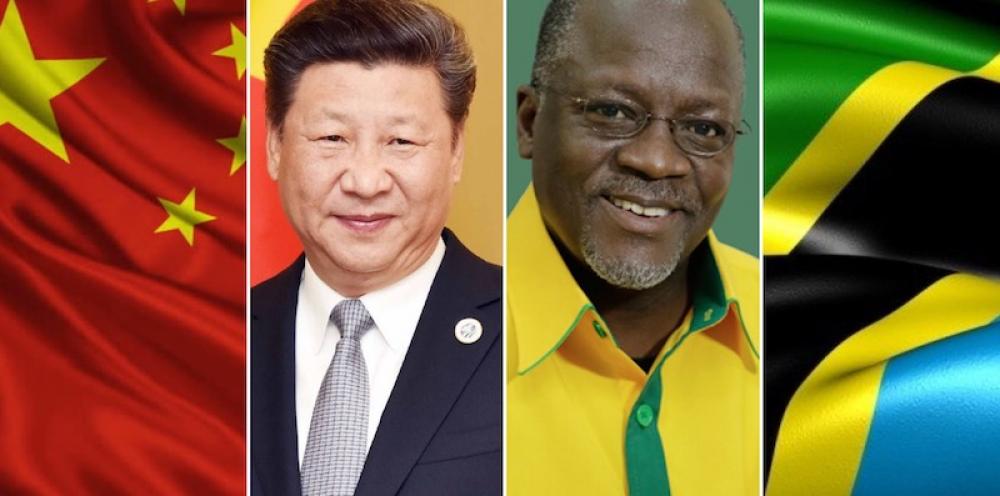Just Earth News | @justearthnews | 01 Jul 2019

Dodoma: A trade war with the USA is not enough headache for China now as its cunning plan of "One Belt, One Road” initiative is facing roadblocks threatening Chinese president Xi Jinping's grand plans to lord over other economies, especially the debt-ridden African countries. The latest resistance is from Tanzania. The East African country has suspended the construction of the $10bn Bagamoyo port project under Belt and Road Initiative (BRI).
The port would have been the largest in the east African region under the Belt and Road Initiative (BRI), a global development strategy adopted by the Chinese government in Asia, Europe, Africa, the Middle East, and the Americas.
Belt connotes the overland routes for road and rail transportation, called "the Silk Road Economic Belt" while "road" refers to the sea routes, or the 21st Century Maritime Silk Road.
Financing terms presented by the Chinese were “exploitative and awkward,” John Magufuli, Tanzania’s President, was quoted as saying by the UK-based The Telegraph as he opposed the move.
“They want us to give them a guarantee of 33 years and a lease of 99 years, and we should not question whoever comes to invest there once the port is operational,” said Magufuli.
“They want to take the land as their own but we have to compensate them for drilling construction of that port,” the President said.
In a blow to China and its ambition in Africa, Kenya halted construction of a coal power plant, media reports said.
Recently a court in Kenya also halted plans for the construction of a $2 billion Chinese-backed coal power plant near the island town of Lamu, a UNESCO World Heritage site famed for its twisting alleyways and stunning coastline, reported the British news paper The Telegraph.
The plant, which activists say would have increased Kenya's greenhouse gas emissions by 700 percent, was cancelled after judges ruled the environmental assessment was inadequate, reported the newspaper.
Many geopolitical experts think the Chinese presence in huge infrastructure projects in countries like Africa are signs of neo-colonialism.
According to an article on International Policy Digest by Daniel Wagner, the founder and CEO of Country Risk Solutions who is widely published author on current affairs and risk management, many analysts contend that China has become the new face of neocolonialism in Africa, having loaned tens of billions of dollars to the continent’s governments while knowing that in all likelihood, many of those debts will never be repaid.
"Beijing proceeded on the presumption that its access to Africa’s markets, enhanced influence, and ability to exploit the continent’s rich deposits of natural resources would compensate it for any unpaid loans," he writes.
Referring to "debt trap diplomacy", he writes: "In 2000, China’s official loans to Africa had been just in the millions of dollars. Johns Hopkins University has estimated that between 2000 and 2015, the Chinese government, banks, and contractors had loaned $94 billion to African governments and state-owned enterprises."
"Many countries welcomed Chinese investment because it did not come with strings attached, such as a requirement for free elections, gender equality, anti-corruption programs, or government accountability. Many African leaders’ willingness to agree to Chinese funding–whether for natural resource extraction, infrastructure building, or for commercial purposes-has come at a cost," the article says.